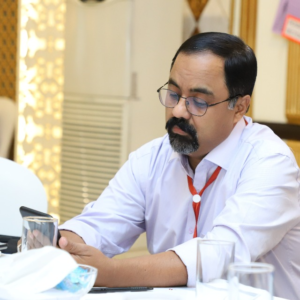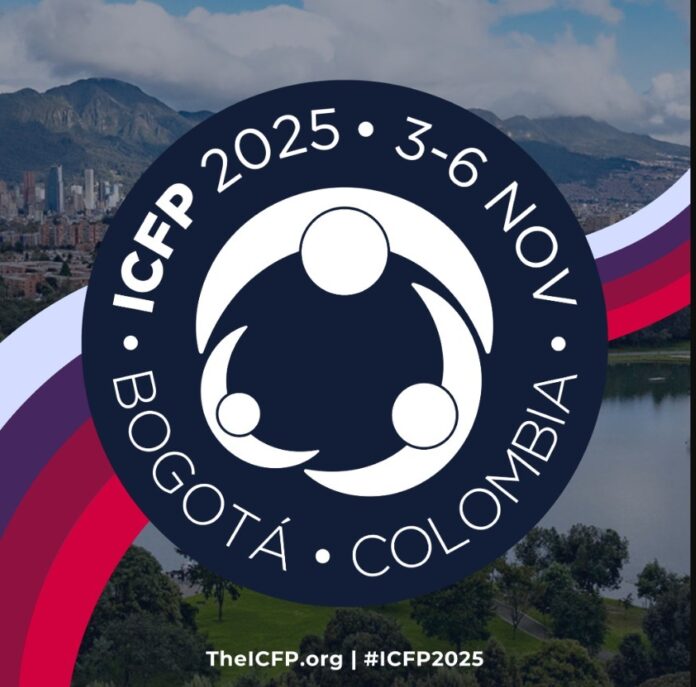 Mansoor Qaisar
Mansoor Qaisar
Family planning is defined as “the ability of individuals and couples to anticipate and attain their desired number of children and the spacing and timing of their births.” This is accomplished through the use of contraceptive methods and the treatment of involuntary infertility. Family planning involves considerations such as the number of children a woman wishes to have, including the choice to have no children and the age at which she wishes to have them. Factors influencing these decisions include marital situation, career considerations, financial position, and any disabilities that may affect one’s ability to have and raise children. For those who are sexually active, family planning may also involve using contraception and other techniques to control the timing of reproduction.
Family planning practices date back to the 16th century in Djenné, West Africa, where physicians advised women to space their children, recommending a three-year interval between births. Additional elements of family planning include sex education, prevention and management of sexually transmitted infections, pre-conception counseling, and infertility management. As outlined by the United Nations and the World Health Organization, family planning services extend to preparations for conception. While abortion is not generally recommended as a primary method of family planning, wider access to contraception can significantly reduce the need for it.
Since 2009, the International Conference on Family Planning has united the global development community around a shared vision of universal access to family planning services.
The upcoming ICFP 2025, scheduled for November 14-17, with pre-conference side events starting on November 12, will take place in Bogotá, Colombia. This marks the first time a Latin American city will host the event, a significant milestone supported by the William H. Gates Sr. Institute for Population and Reproductive Health, the Government of Colombia, Profamilia, and Fundación Valle del Lili. Jose Rimon II, Director of the W.H. Gates Sr. Institute and Chair of the ICFP International Steering Committee, highlighted that “thousands of delegates from more than 120 countries will learn from the experiences of Latin America and Colombia, particularly in terms of universal health coverage and how family planning and reproductive health services and demand are successfully addressed.”
Since its inception in Kampala, Uganda, in 2009, the ICFP has evolved beyond a mere conference to become a platform for researchers, advocates, governments, and communities; a movement toward achieving access to family planning for all; and a growing community guided by the principles of partnership, inclusivity, innovation, and scientific rigour.
Pakistan has experienced continuous population growth since the 1940s, with the population increasing nearly sixfold from about 33 million in 1947 to 250 million today. The Population Welfare Programme aims to reduce this growth rate, which is essential for developing countries like Pakistan. As we commemorate the 25th anniversary of the International Conference on Population and Development (ICPD) in 1994, governments have reaffirmed the importance of the Programme of Action and its role in achieving the Sustainable Development Goals (SDG). The increased use of contraceptive methods in recent decades has led to improved health, educational, and economic outcomes, particularly for girls and women. Despite significant progress, challenges remain, including the fact that some 214 million women in developing countries lack access to safe and effective family planning methods.
Better reproductive healthcare, including voluntary family planning, can boost economies and contribute to sustainable development by enabling women to complete their education, enter the workforce, be more productive, earn higher incomes, and increase savings and investments. Furthermore, for each additional dollar spent on contraceptive services above the current level, the cost of pregnancy-related care is reduced by $2.30.
Investments in family planning are crucial not only for achieving SDG 1, to end poverty, but also for accomplishing other goals such as ending hunger and promoting good health and gender equality.
The last ICFP 2022 in Pattaya City, Thailand took place against the backdrop of the COVID-19 pandemic, which severely disrupted family planning services worldwide. According to the United Nations Population Fund (UNFPA), these disruptions led to 1.4 million unintended pregnancies. The conference also highlighted pre-existing challenges, as the World Health Organization (WHO) reported that even before the pandemic, at least half of the world’s population was unable to access essential health services, including family planning. This context set the stage for discussing the urgent need to restore and expand family planning services globally.
The event also marked a decade since the significant 2012 London Summit on Family Planning, celebrating the substantial increase in global contraceptive use and the expansion of commitments from governments and NGOs to improve family planning access. The ICFP serves as a crucial platform for these stakeholders to reaffirm their commitments and introduce new initiatives, such as the historic pledges announced at this year’s conference, including a five-year, $15 million commitment from the United States Agency for International Development (USAID). These commitments are essential for advancing family planning and reproductive health services amidst the ongoing global challenges affecting SRHR.
The author is a freelance journalist specializing in FP, SRHR,He shares his insights and updates on X under the handle @MansorQaisar



